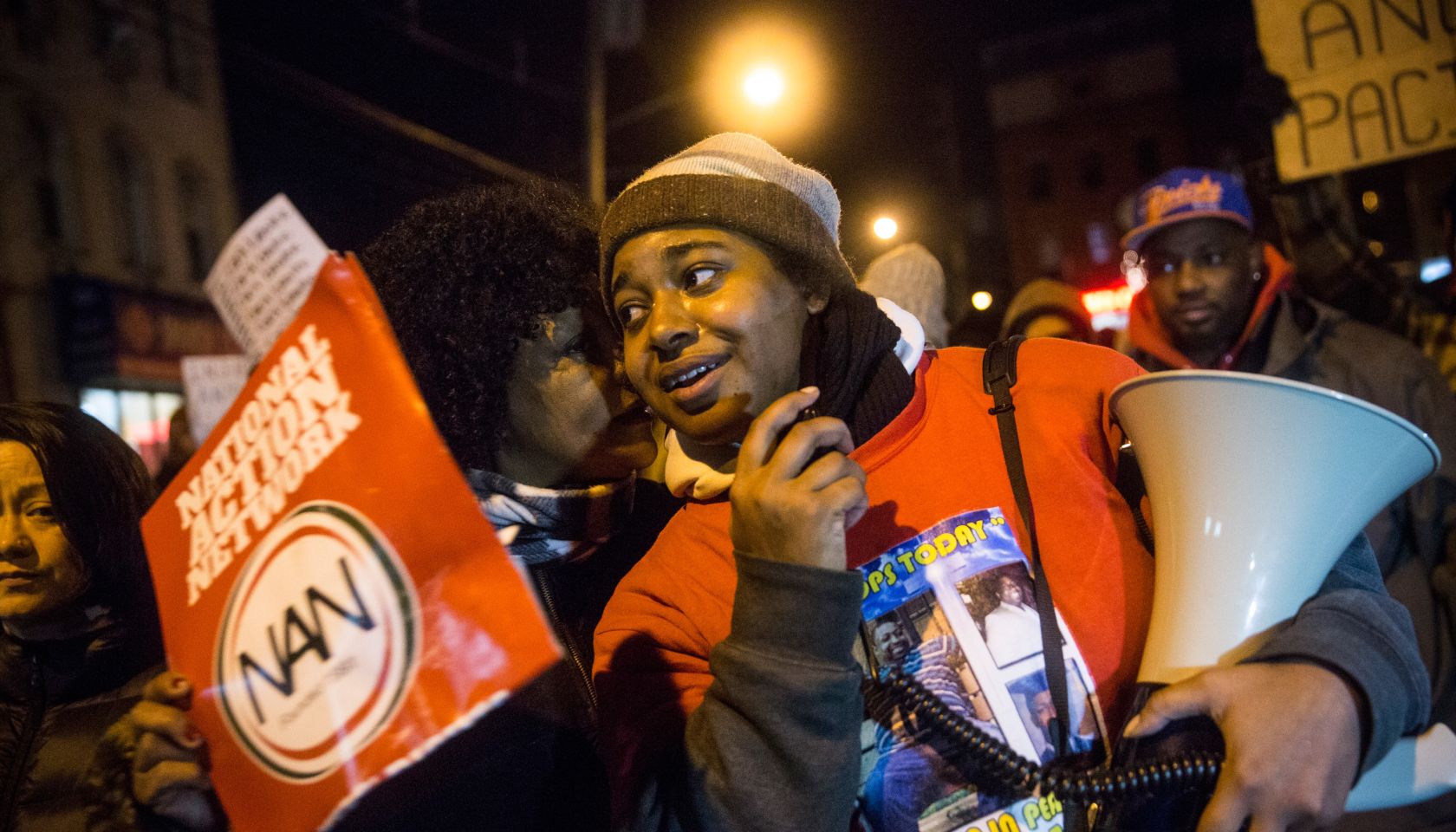First Black Astronaut Receives Full Honors 50 Years After Death
First African American Astronaut Receives Full Honors 50 Years After Death
Air Force Maj. Robert Lawrence Jr.—America’s first Black astronaut—left an indelible mark in the realm of science and broke racial barriers for people of color who wanted to pursue careers in STEM. Nearly 50 years after his death, he was recently honored for his contributions to space exploration at the Kennedy Space Center in Florida, the Los Angeles Times reported.
During the 1960s Lawrence participated in a military space program that was created to infiltrate the Soviet Union, the news outlet writes. He completed high school at 16 and earned a doctoral degree in physical chemistry which was not only rare for pilots but African Americans as well during that era. His life was cut short at the age of 32 when his F-104 Starfighter was wrecked in California at the Edwards Air Force Base. If he would have survived, Lawrence would have taken NASA shuttles to space. Although his career was short-lived, he opened the door for Black astronauts to follow in his footsteps.
During the memorial ceremony, astronauts, NASA reps, students and Lawrence’s loved ones gathered to reflect on his legacy. “He had a great future ahead of him if he had not been lost 50 years ago today,” said Robert Crippen, who participated in the military space program with Lawrence. Many African American astronauts who have been recognized as trailblazers in the realm of space exploration—including people like Guy Bluford, Dr. Mae Jemison, Charles Bolden Jr., and Winston Scott—have credited Lawrence for inspiring them to break barriers in the field.
According to the Los Angeles Times, it’s been a struggle to get Lawrence the recognition that he deserved. It took a long time for the Air Force to acknowledge that he was an astronaut and his name was added to the Astronauts Memorial Foundation’s Space Mirror 20 years ago after there was a long battle to have him included. Nevertheless, Lawrence’s legacy will continue to prevail and his story continues to inspire people. A youngster who attended the memorial service told the news outlet that his journey shows that individuals have “the chance to do anything.”
Narratives about Black contributions to science are being pushed to the forefront. In September, NASA named a new computer research center after Katherine G. Johnson; a Black woman who helped break gender and racial barriers at the agency.
SOURCE: Los Angeles Times, Associated Press
SEE ALSO:
NASA Names New Space Facility For Katherine Johnson Of ‘Hidden Figures’
Lego Excites Girls About STEM With Toy Set Honoring ‘Hidden Figures’ Pioneers
















